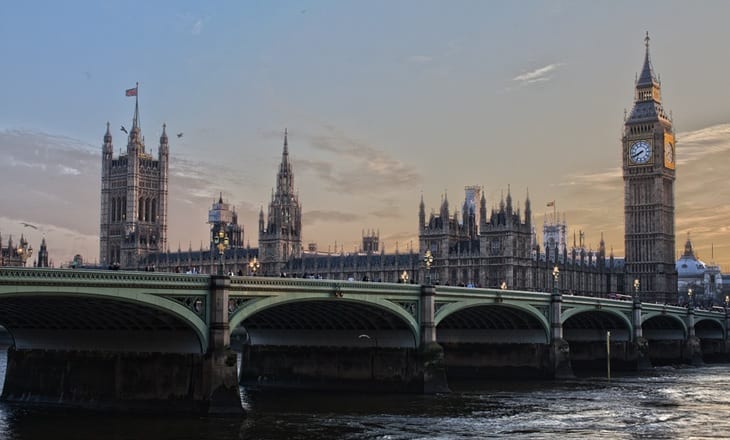This article was written by freelance writer Zak Goldberg.
Forex trading is something lots of people like to engage in, and can offer an individual trader some great benefits like allowing them to trade 24 hours a day, and use leverage to open themselves up to big changes in value even with relatively low capital. Forex trading can also be beneficial to businesses as a way of hedging or taking advantage of world events to make bigger profit yields. However, it can also be important to the economies of countries themselves, and the UK is a very good example of this.
A Major Currency Housed on a Small Island
The GBP is considered a ‘major’ currency in forex terminology. It is popularly traded, especially in pairs with the US dollar and euro – the other two biggest currencies for those interested in forex. However, unlike the euro and the dollar, the GBP is a currency that is only really used in one geographically small location (globally speaking). The US dollar is accepted in lots of countries where buying foreign currency on the tourist market is difficult – such as in India – and in countries close to the US but which have their own currencies, such as in South America and the Caribbean.
Businesses in these places find it easier to simply accept dollars from people than to expect people to have cash in what are, to Americans, very obscure currencies, like Dominican pesos, and they want to make it as easy as possible for tourists who make up a large part of their economy. The euro is the currency used in all of the most significant economies on the European continent – with the exception of the UK (and arguably Switzerland). This makes it clear why the dollar and euro are so key, but why is the pound?
London As a Financial Hub
The UK never tried in earnest to join the Eurozone, even though neighbouring Ireland uses the euro, and while some shops and other places at least notionally accept euros in the UK, it is highly uncommon to see anyone try and use them. Having the familiar pound will almost certainly save a lot of hassle for the UK when Article 50 is invoked, as unlike other countries who may later decide to leave the EU, there isn’t the issue of replacing the currency, but what has allowed the pound to stay as a desirable and viable thing for Britain is that the UK has such a high status as a world financial hub. London, specifically, has been absolutely key in both European and global markets for a very long time, and while the way things worked changed when it joined the EU, and will also change as it leaves again, its established infrastructure and businesses mean it will retain some if not all of its global significance.
London is Used to Forex
When you extrapolate from this, something becomes apparent – places like the US and Eurozone countries may be OK with trading in other countries, but for the UK it has always been absolutely essential. There are plenty of UK businesses who primarily earn dollars or euros, and that makes exchange rates very important. Currency changes allow us to access a much bigger potential market, but also makes businesses a lot more affected by volatility caused by events in other countries.
A good representation of this can be the effect on the pound after PM Theresa May’s famous Brexit announcement last month. The pound began to rise, ostensibly out of a sense of relief that the question of ‘what do you plan to do about staying in the single market’ has been addressed, but the FTSE 100 – our key share index – fell badly. This is because as the pound grew stronger, dollar earning UK corporations took a hit. This also explains why things that happen in the American market can be seen as great or terrible by economists, depending on what exactly they are trying to analyse – what is great for a trader who wants a strong pound is awful for a business owner whose clients pay in dollars, and these are both fairly normal scenarios for people concerned with UK economics for their own earnings or business!
With all of this in mind, you can see how closely linked UK economics is to forex. Whether you want to trade forex or not, the impact of other currencies on what happens in the UK means a lot, and this creates some fairly weird situations where British businesses can actually hope the pound weakens against the dollar or euro (or even other more exotic currencies from around the world). Whatever your personal involvement with currency trading is, it is worth noting how sensitive an economy can be to the economics and events or others.
